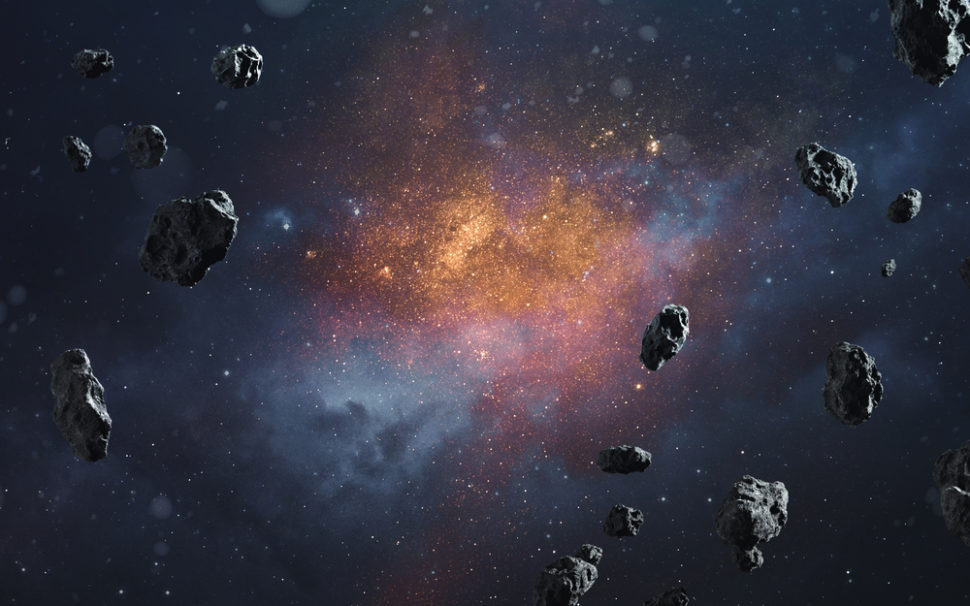Some, like astrophysicist Neil deGrasse Tyson, think the first ever trillionaire in the world will likely be a space miner.
In this scenario, they would be an asteroid miner as they are the low-hanging fruits of the solar system.
The Rare Earth Elements (REEs) and other precious minerals present in asteroids are more than enough to get corporations and nations alike drooling at the potential profits.
In a report to clients, investment bank Goldman Sachs said that “the psychological barrier to mining asteroids is high, the actual financial and technological barriers are far lower.”
In fact, the White House even commissioned NASA to bring an asteroid into the moon’s orbit for mining. However, NASA’s Asteroid Redirect Mission (ARM) was later canceled.
Since 1989, there have been 10 successful asteroid missions.
Although most are sample-returning missions, asteroid mining is the ultimate goal.
But, there’s the big problem of gravity, or the lack thereof. It is a serious challenge to come up with a logistical solution of stopping mining equipment from spinning off and away into space.
The Asteroid Mining Solution
In many respects, asteroids may be of more strategic importance than endeavors to Mars and the Moon.
The latest asteroid-bound mission is the Japan Aerospace Exploration Agency’s Hayabusa 2, which dropped the first of two hopping robots on the surface of asteroid Ryugu.
Last December, after a 1.4-million-mile journey, NASA’s OSIRIS-REx lander arrived at an asteroid named Bennu, a remnant body from when the solar system began.
According to NASA’s NEOWISE survey, there are as many as 29,000 recorded asteroids and comets in our Solar System.
Among these, there are 788 Near-Earth Objects (NEOs) that, if we don’t mind the ten potentially dangerous ones, make for good off-Earth mining targets.
ٌRead More: 7 Materials That Make Asteroid Mining Worth it
However, asteroid mining companies – like Planetary Resources, founded in 2012 – should think about providing stability to their equipment and safety to their staff.
Both stability and safety in this setting rely on managing the lack of gravity. Now, a team of Austrian researchers thinks they know how to make an asteroid mine work.
Astrophysicists from the University of Vienna in Austria investigated the feasibility of installing a station inside the caverns of a rotating asteroid.
The rotation would create enough artificial gravity to stabilize mining equipment that, in addition, would be shielded from space dangers like radiation by the asteroid’s rocky hull.
Applying gravity models to an asteroid that hypothetically measures 1,640 feet by 1,280 feet, researchers think that “Loads resulting from centrifugal forces… [make] a space station in the cavern of a mined asteroid feasible.”
However there are a number of caveats, such as the asteroid dimensions and composition, and materials chosen.
“Practical applications will crucially depend on knowing not only the composition but also the internal structure of candidate bodies. As missions to these asteroids seem inevitable for such studies, decisions on inhabiting such asteroids may only be possible after mining operations have started.”
According to Thomas Maindl, co-author of the study, “it will be at least 20 years before any asteroid mining happens, let alone something like this.”



















Comments (0)
Most Recent